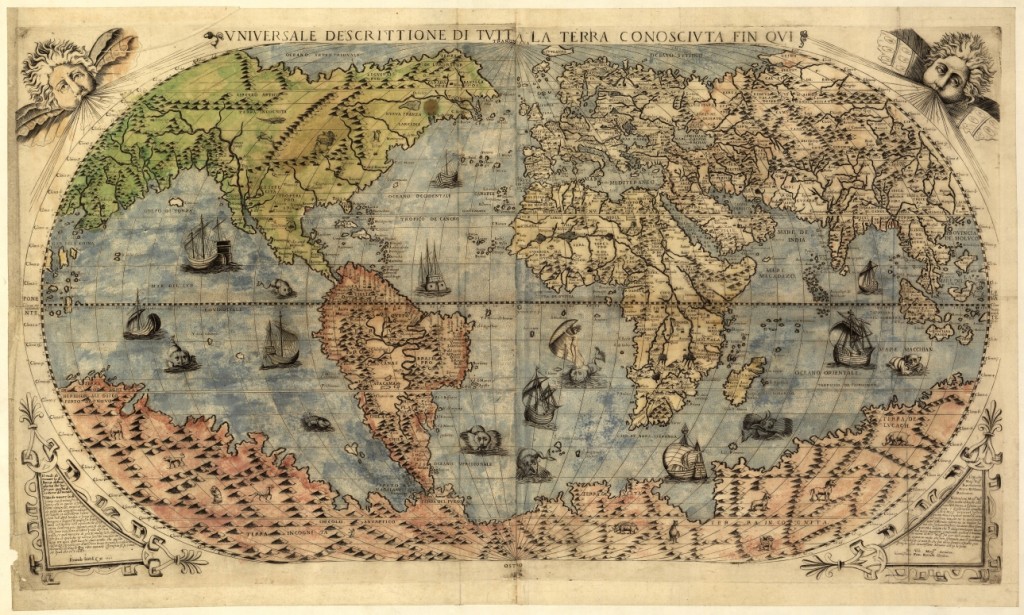This is a guest post by Tom McCallum. Tom originally wrote this piece for his blog two years ago almost to the day, and has tweaked it just a bit for this, the first guest post on my blog. Tom heads up Shirlaws (Cayman) Ltd (full disclosure, my company is a client) and now writes on this blog. You can also follow him on Twitter.
We live in a world far different from just a few years ago, a world where what it takes to be a successful leader has totally and completely changed. We live in a world where a leader must face the dragons of the unknown.
Our brave new world is one where leaders can no longer hope to know all the answers, so the old measures and methods of leadership are no longer fit for purpose. Instead, they must learn and apply new skills to lead their organisations to be flexible, able to measure and accept risk, and be prepared and ready to face as yet unknown challenges.
On ancient maps dragons were drawn to symbolize the unknown, and to travel beyond the familiar world was to “go where there be dragons.” This analogy of the unknown is true for leaders from the smallest company to the largest organisations and highest offices.
Our world is no longer simply complicated, it is complex. What is the difference? Brenda Zimmerman of Schulich School of Business explains: “Performing hip replacement surgery is complicated. It takes well-trained personnel, precision and carefully calibrated equipment. Running a health care system, on the other hand, is complex. It’s filled with thousands of parts and players, all of whom must act within a fluid, unpredictable environment. To run a system that is complex, it’s not enough to get the right people and the ideal equipment. It takes a set of simple principles that guide and shape the system.”
What, then, is the role of a leader where the world is too complex to manage by the book and where diversity, ambiguity, speed and expectations are ever changing? It is, as Ms. Zimmerman put it, to “guide and shape”, to keep the organisation true to its purpose and values.
As Chip Conley teaches with “Peak”, the most powerful organisations are those where people don’t work for the carrot (the money) or the stick (just keeping a job), but because they are empowered to reach for a deeper purpose, both their own and their organizations. These motivated people are loyal, hard-working, creative, and will help their organisation thrive in a complex world. What, then, is the key to leading an empowered organisation in a complex world?
TRUST
Great leaders trust their people, their values, their organisation. Trust is a two way street though, and leaders cannot expect to be followed unless they also continually build trust through their actions and how they communicate.
Seth Godin observes in one of his most powerful posts: “the organisations that matter are busy being run by people who figure out what to do next”. “Command and Control” is dead. Trust and Empowerment are what is “next” if you are to thrive in a complex world.
Some leaders will be able to adapt, and some of the leaders of today are showing greatness by recognising they won’t be the leaders of tomorrow and are finding their successors. For those remaining leaders who can evolve, and for those new leaders who will emerge, this post is music to their ears. They are ready to Reinvent or Die, mess with normal, embrace the risk of the new, and Go Where There Be Dragons!
How are you adapting to the new normal? What is or was your organisational dragon?

